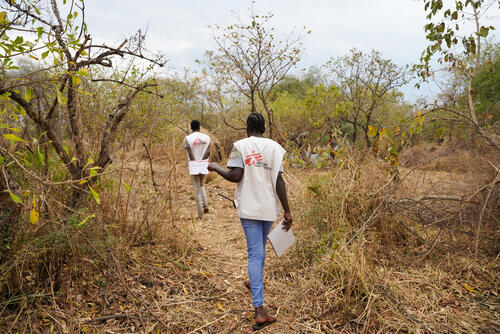Discover all our latest news, stories and publications. Use the filter to get to the content you're looking for.
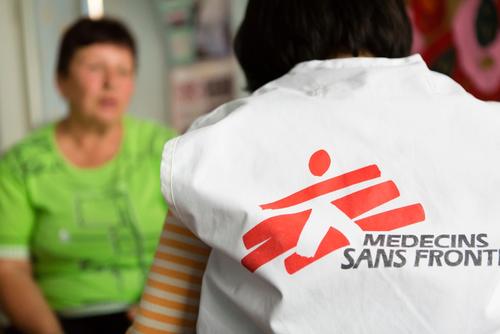
Caring for villagers trapped near frontlines in Opytne

YEAR AT A GLANCE: In 2017, #Aquarius rescued 15,078 people in 112 different rescue or transfer operations. Among th… https://t.co/IHmKGThx6X

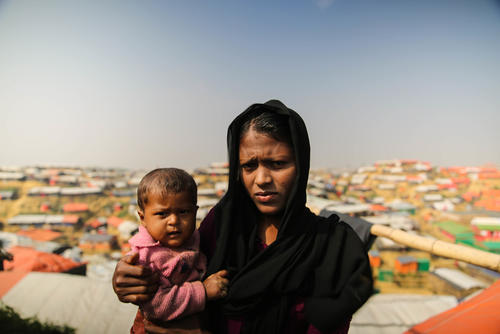
Building a hospital for Rohingya in three weeks
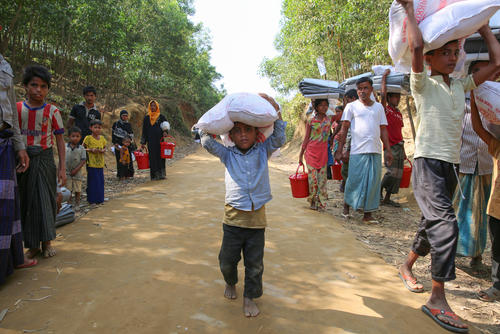
A living nightmare (part two)

Medical evacuations must be permitted with no strings attached
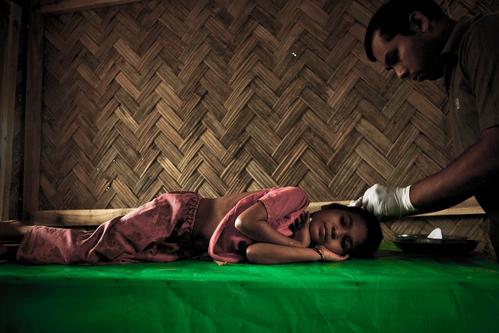
Emergence of diphtheria worsens situation of Rohingya refugees
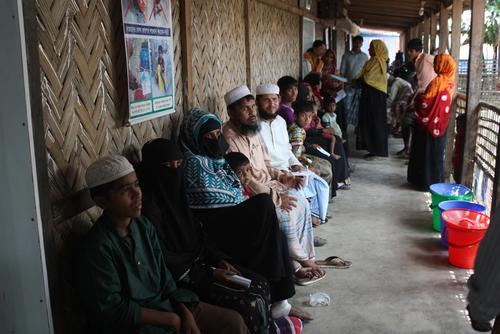
Crisis update – December 2017
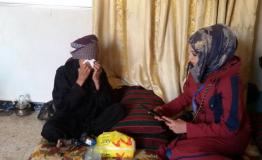
MSF reports show more assistance is needed to meet healthcare needs
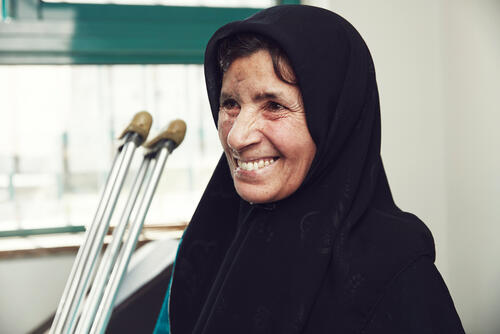
MSF Reconstructive Surgery Hospital
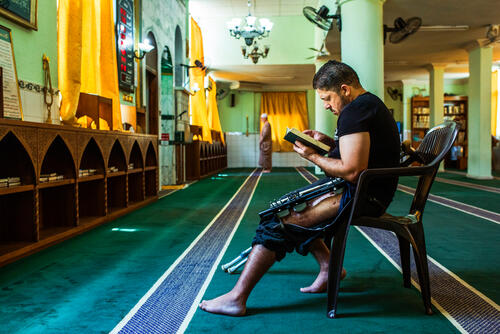
A decade of healing at MSF’s reconstructive surgery hospital
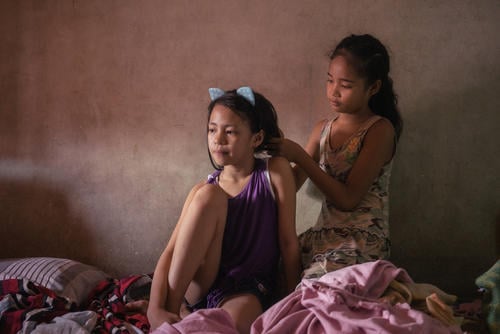
A year in pictures 2017
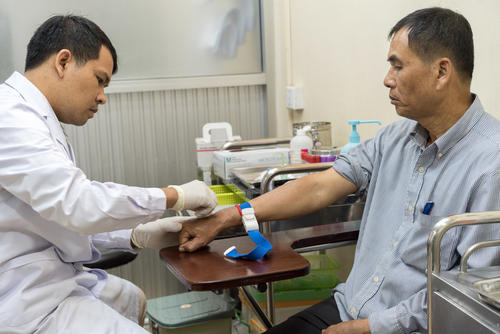
MSF challenges Gilead’s patent application for hepatitis C treatment
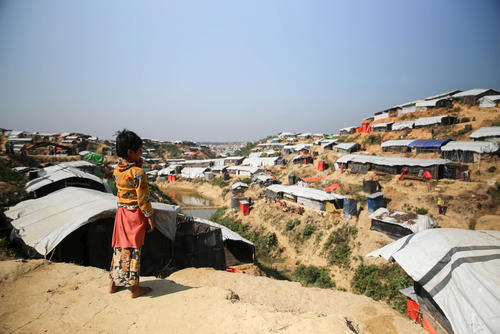
A living nightmare (part one): To leave or die
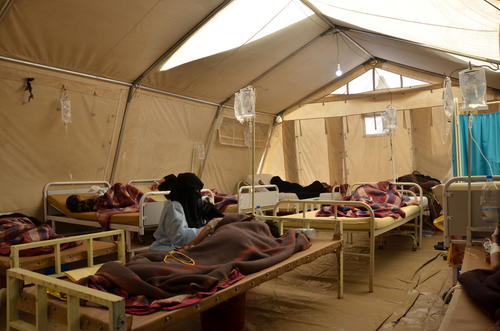
From cholera to diphtheria – shattered health system battles a new threat

MSF surveys estimate that at least 6,700 Rohingya were killed during the attacks in Myanmar
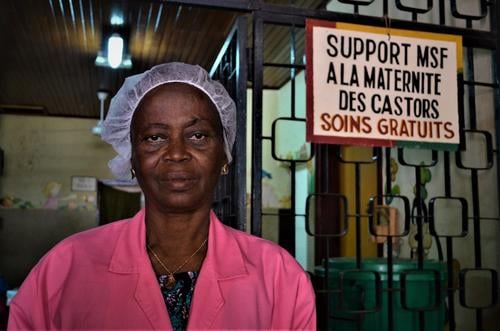
8 ways user fees for health are harmful to people
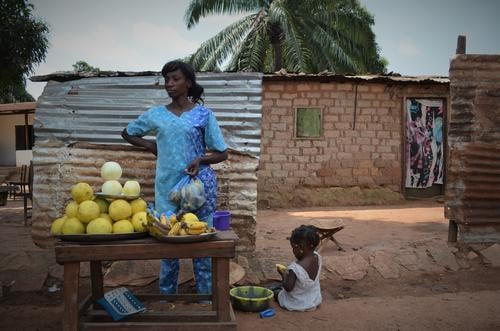
Health policies must focus on needs of individuals
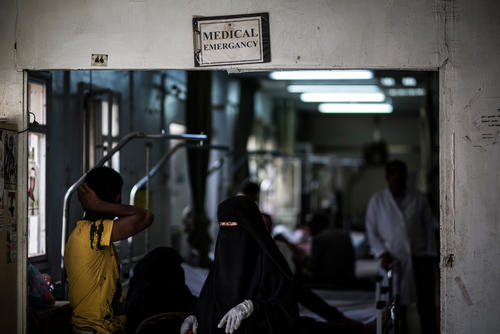
“Just living has become more difficult”
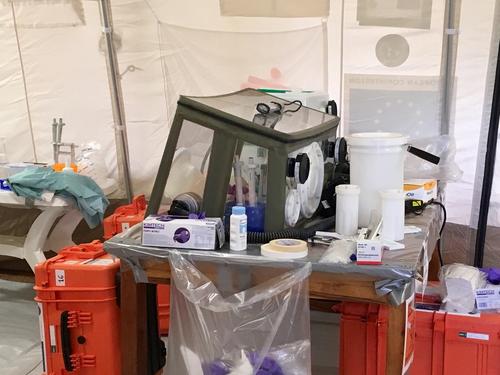
MSF ends its intervention in response to the Marburg fever outbreak

Crisis update - January 2018
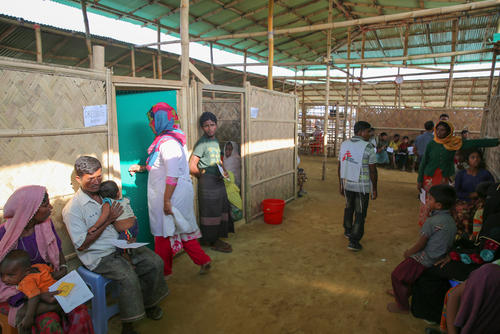
Rohingya crisis - a summary of findings from six pooled surveys
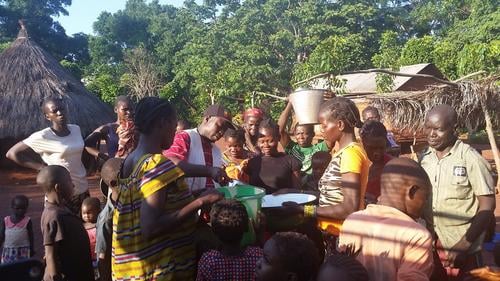
“The only people left in Zemio are those who couldn’t run away”
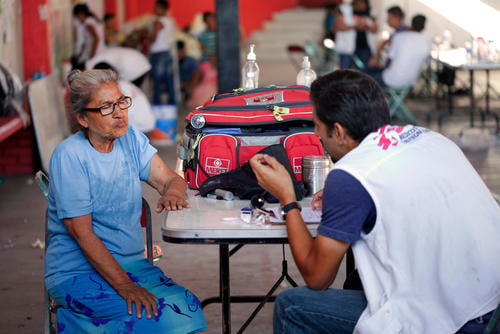
MSF ends emergency response after the earthquakes
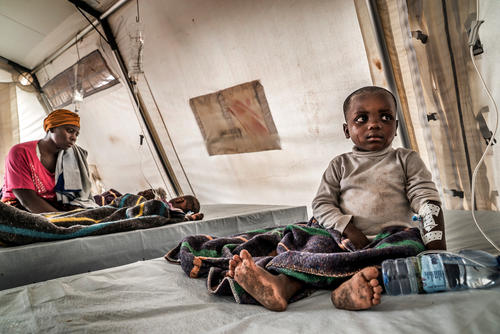
Taxing the ill - How user fees are blocking universal health coverage

How we deliver medical humanitarian assistance
Everywhere we work, the circumstances are unique. Nonetheless, our programmes generally follow a common set of practices designed to make sure our resources and expertise are used to maximum effect.




